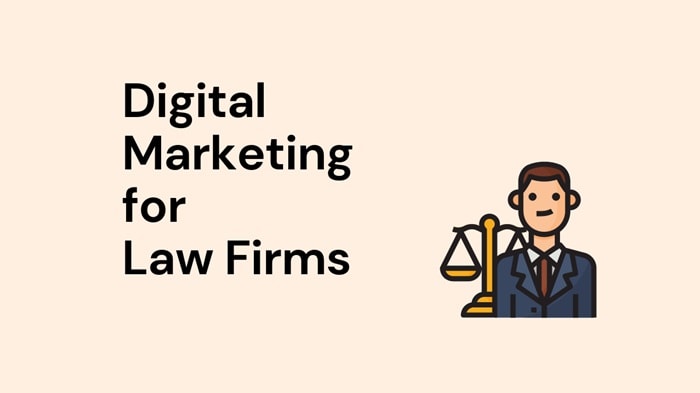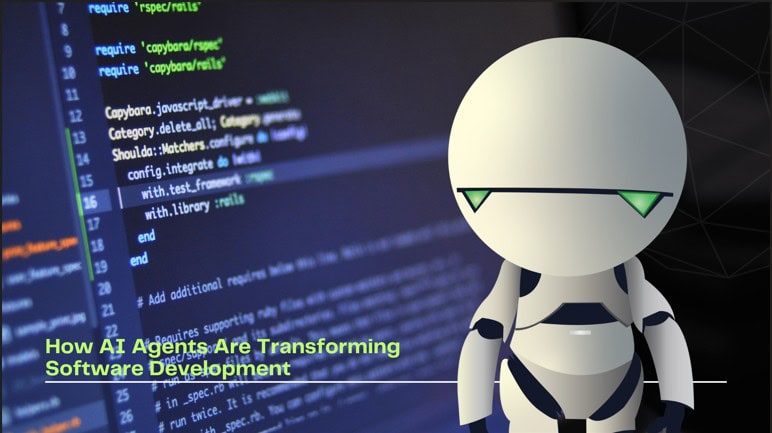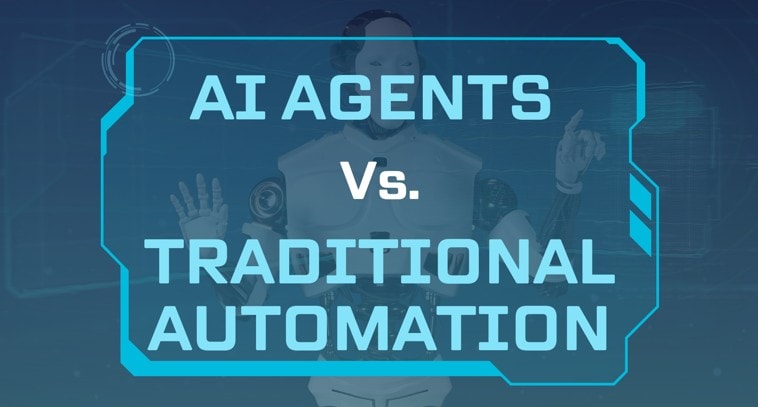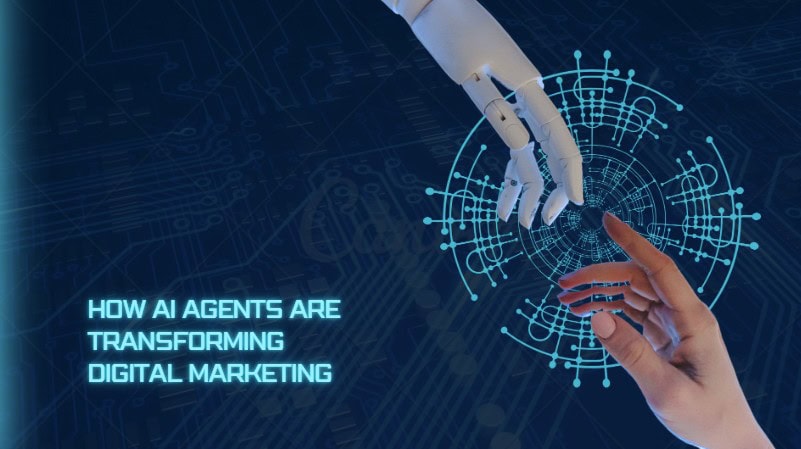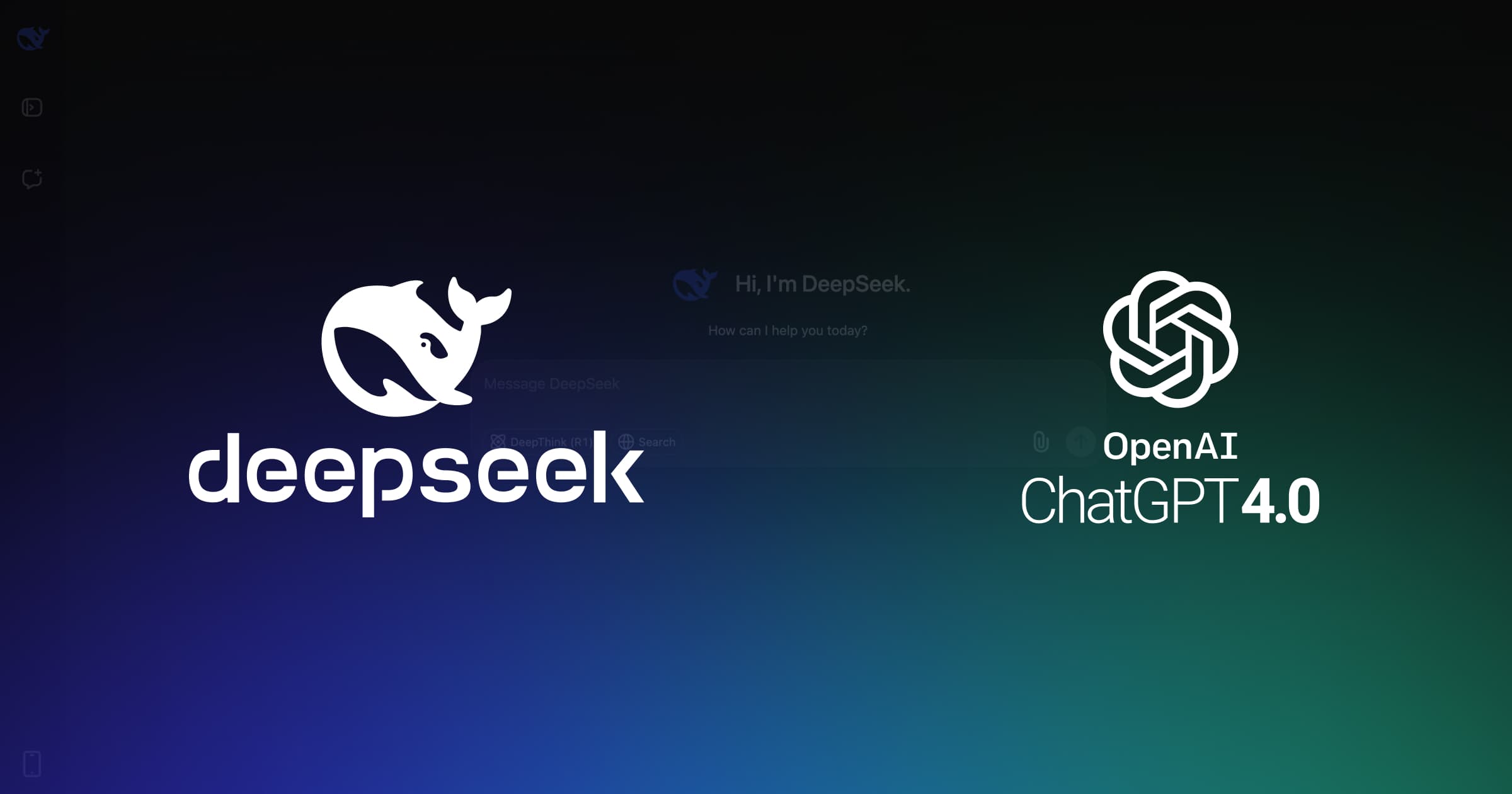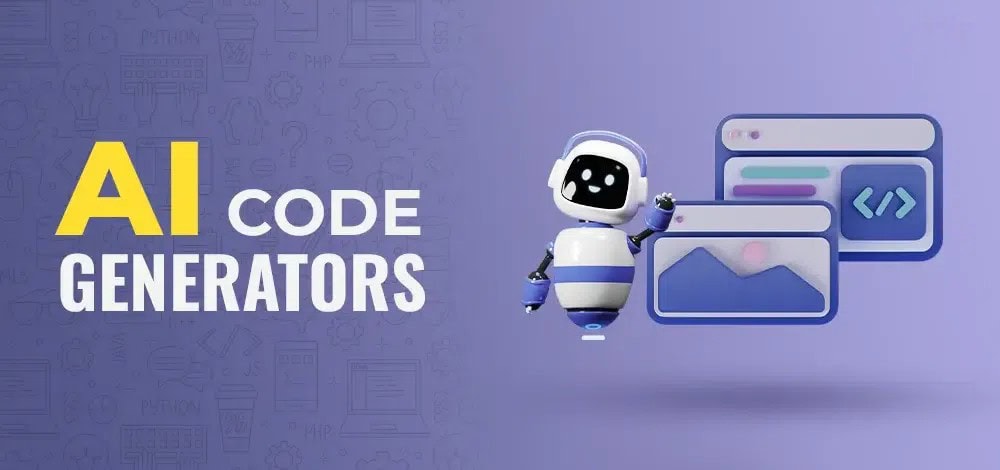Sundar Pichai, CEO of Google and Alphabet, engaged in a discussion on AI with a focus on the future of search. He emphasized his vision of search and the significance of websites, emphasizing that the technology itself is the primary differentiator.
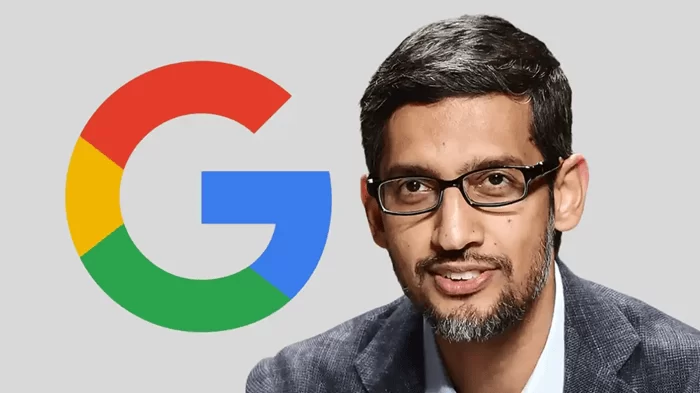
Regarding the rapid progress of AI, the interviewer inquired if Sundar was taken aback. Sundar clarified that Google has been a leader in AI, building its infrastructure since 2016. He pointed out that the AI era is just beginning, indicating there are substantial advancements yet to be unfold.
“…one of the main things I did as a CEO is to really pivot the company towards working on AI and I think that’ll serve us well for the next decade ahead.
For example now I look back and compute is the hot currency now. We built TPUs, we started really building them at scale in 2016 right, so we have definitely been thinking about this for a long time.
…we’ve always had a sense for uh the trajectory ahead and in many ways we’ve been preparing the company for that and so I think foundationally a lot of our R&D …a lot of it has gone into AI for a long time and so I feel incredibly well positioned for what’s coming.
We’re still in the very early days I think people will be surprised at the level of progress we’re going to see and I feel like we’ve scratched the tip of the iceberg.”
The interviewer also inquired about Sundar’s perspective on the future of search and its potential evolution. There’s considerable concern among publishers and search marketers that AI might entirely replace traditional search methods, leading to a decline in websites and impacting the SEO industry.
Sundar’s response may offer reassurance, as he envisions a future where people and websites maintain their crucial roles in search, much like they do currently. He begins by highlighting AI’s longstanding presence in search and the ongoing relevance of the web ecosystem in enhancing search functionality. Additionally, he notes that the traditional concept of “ten blue links” has evolved significantly over the past fifteen years, with features like “people also ask,” videos, top news, and carousels, and Google has been providing direct answers through features like featured snippets for quite some time.
This is the question asked:
How are things going to evolve? Like how will people access information in 10 years?
Sundar answers that the only thing different is the technology:
“Look, I think it’s one of the common myths around that Google has been ten blue links for a long time. You know, when mobile came we knew Google search had to evolve a lot. We call it Featured Snippets, but for almost ten years now, you go to Google for many questions we kind of use AI to answer them right, we call it web answers internally.
And so, we’ve always answered questions where we can but we always felt when people come and look for information people in certain cases want answers but they also want the richness and the diversity of what’s out there in the world and it’s a good balance to be had and we’ve always, I think, struck that balance pretty well.
To me all that is different is now the technology by which you can answer is progressing, so we will continue doing that. But this evolution has been underway in search for a long long time.”
Sundar noted that while search has undergone significant changes over the past fifteen years, it remains centered on surfacing information from the web, reflecting the enduring trust people have in search engines.
He continued:
“Search used to be text and 10 blue links maybe 15 years ago but you know be it images, be it videos, be it finding answers for your questions, those are all changes you know …to to my earlier point people kind of shrug and …we’ve done all this in Google search for a long time and people like it, people engage with it, people trust it.
So to me, I view it as a more natural continuation, obviously with LLMs and AI. I think you have a more powerful tool to do that and so which is what we are putting in search, you know with Search Generative Experience and so we’ll continue evolving it in that direction too.”
He was then questioned about the issue of political and cultural biases in search engines, with a mention of Google’s output being accused of reflecting the liberal biases of its employees. The question posed was how Sundar approaches determining which answers to provide to queries.
Sundar reiterated the importance of information sourced from websites, emphasizing it as the most reliable answer provider. He highlighted that even with advancements like the Search Generative Experience, their intention remains to guide users towards website content.
This is how he explained it:
“Let’s talk about search for a second here, you’re asking a very important question. I think you know the the work we have done over many many years making sure, from a search standpoint, in search we try to reflect what’s out in the web. And we want to give trustworthy high quality information. We’ve had to navigate all of this for a long time.
I think we’ve always struck the balance, that’s what I’m saying, it’s not about giving an answer, there are certain times you give an answer, what’s the population of the United States, yes it’s an answerable question. There are times you want to surface the breadth of opinions out there on the web which is what search does and does it well.
Just because you’re saying we are summarizing it on top doesn’t mean we veer from those principles. The summary can still point you to the range of opinions out there right, and we do that today all the time.”
The Search Generative Experience
SGE or Search Generative Experience is different from a chatbot experience. Despite articles forecasting a decline in search traffic because of SGE, Sundar clarifies why this isn’t the case by contrasting the search experience with that of chatbots. This clarification is significant because many overlook the distinction and hastily assume that SGE will replace websites. According to Sundar, this is unfounded as search and chatbots serve distinct purposes.
Google on When to Fix Websites Affected by the March 2024 Core Update
His answer:
“And so I think that’s different from when you’re in a chatbot and I think that’s the more active area of research where sometimes it has its voice so how do you get those moments right and you know again for us I think it’s an area where we will be deeply committed to getting it right.
How do you do it in a way that which you represent the wide range of views that are held by people around the world and I think there are many aspects to it, the issues with AI models are not just at Google you see it across other models.”
Towards the conclusion of the conversation, Sundar characterizes AI as a tool that enhances existing technologies rather than supplanting them. This distinction is important to understanding the potential impact of AI on search and SEO.
His explanation of how AI improves but not necessarily replaces:
“…of course as a company you want to make sure you’re capitalizing on those innovations and building successful products, businesses, but I think we’ve long demonstrated that we can do it. The thing that excites me about AI is it’s the same underlying piece of technology for the first time in our history we have one leveraged piece of technology which can improve search, can improve YouTube, can improve Waymo and we put it all as cloud to our customers outside and so I feel good about that.”
Would you like to read more about “Google on How It Determined Quality Content For The Indexing Process” related articles? If so, we invite you to take a look at our other tech topics before you leave!
Use our Internet marketing service to help you rank on the first page of SERP.


